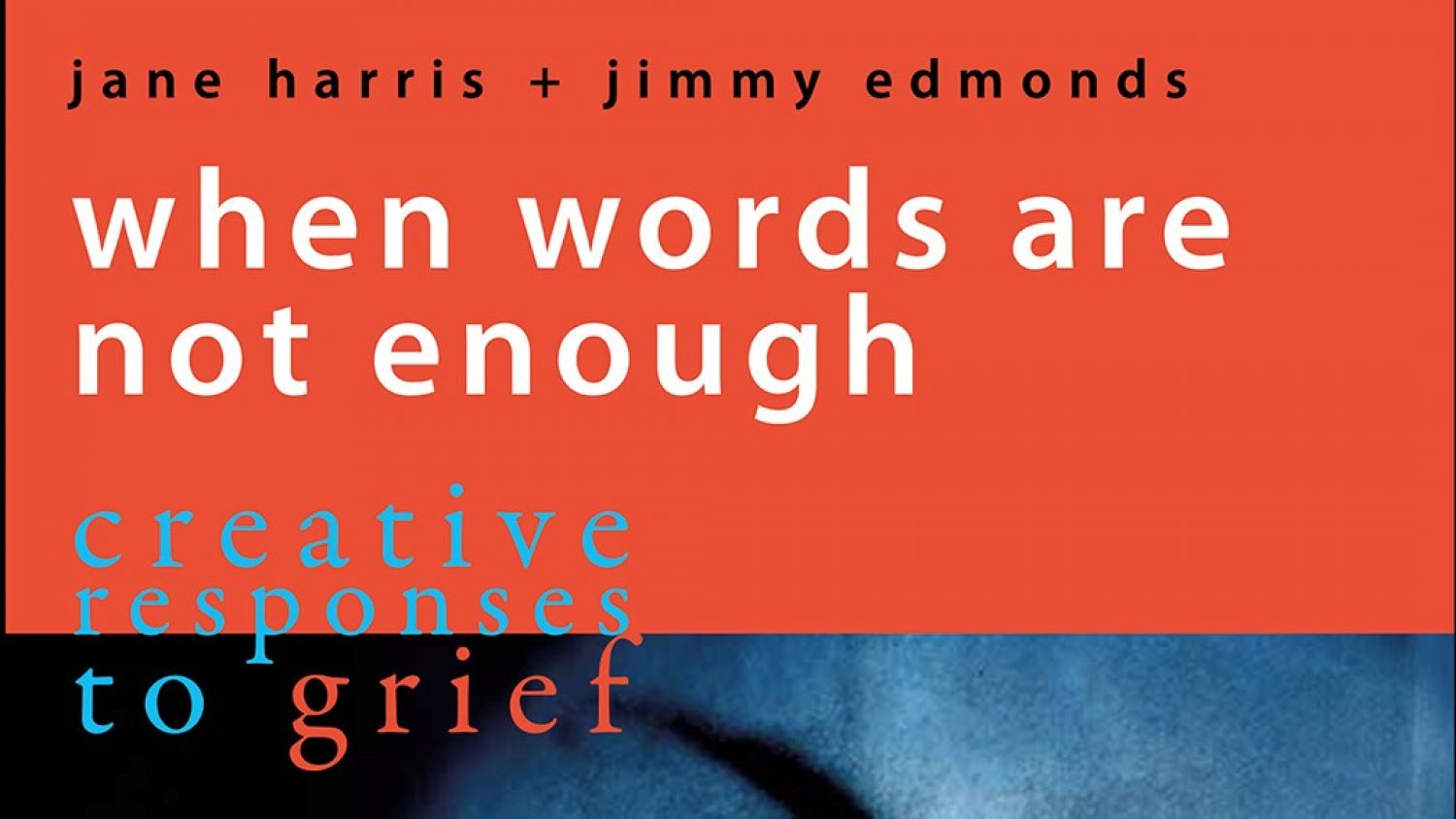Five minute read
After their son, Joshua, died in 2011, his parents Jane and Jimmy found that creativity helped them find a way through their grief. Using film-making, workshops, creative retreats, and now a new book, they share what they’ve learnt with other bereaved people through their charity, the Good Grief Project. Here, Jane explains why this work is so important to them.
When our son died, one of the first things we had to do was organise a funeral. Nobody ever expects to organise their child’s funeral. Your kids are not supposed to die before you. It doesn’t matter who you are, what your skill set is — it’s shocking, everything’s changed and you feel like you’re lost hope. You have to rebuild, and a funeral can be a way of doing that.
But we didn’t want to have a funeral that was made by anyone else, we wanted to do it ourselves. We wanted to involve Josh’s friends, our kids and the family.
A funeral or celebration of life is all about giving people permission to express their love. Loss is all about love. How much you grieve is about the extent of your love. That love never dies.
We created a funeral that was a celebration of Josh’s life. His friends gathered — they sang and read poems and they laughed. Lots of Josh’s friends, and his sister who was 18 at the time, said they felt so much better for it.
I remember standing in the middle of the room and feeling completely supported by hundreds of people. Jimmy and I made a film about it because we are filmmakers. We met in film school, decades ago. That was our first film about grief – called ‘Beyond Goodbye’.
Once the funeral is over, the grief kicks in
Our community were fantastic. But once the funeral’s over, you are expected to get back to your old life. I think that’s when grief really kicks in. That was very difficult.
So I looked for peer support groups and found a wonderful organisation called the Compassionate Friends. At one of their events, the first thing someone asked me was: ‘Who are you here to remember?’ And I said ‘Joshua’.
This was after months of silence — people not mentioning Josh’s name, not asking us how we were, because they were too worried that they’d make us cry, forgetting that we were already crying every day anyway.
We decided we’d make a film for Compassionate Friends as a way of giving something back. The film is called ‘Say Their Name’ it’s about the importance of saying the name and mentioning the person who’s died.
A love that never dies
Then we went on to make our feature documentary, ’A Love that Never Dies’. The clue’s in the title of the film — when you lose a child of any age, there is no sell-by-date for your love or for your grief. Love lasts forever — what you do with that love is the question. The pain that you are experiencing is so enormous that you can’t imagine ever feeling better again.
We wanted to make a film that gave people permission to continue forward, using the model of ‘continuing bonds’. This is the idea that you carry that person with you throughout your life.
If your kid goes to university or travelling and you don’t see them for a while, you don’t stop loving them because they are not around you. When your child dies or when someone you love dies, it’s the same.
To make the film, we travelled across the USA, interviewing bereaved parents and siblings. They had found, like us, that no one wanted to talk to them, but they felt that talking to us, as bereaved people, meant that we would honour the reality of their experience.
Everyone can create something
As a charity we run active and creative weekend retreats for bereaved families (image above), with bursaries for those who can’t afford to pay. It's out in the countryside, because nature is so helpful when you are grieving.
The grief retreats are enabling — everyone can create something. We ask people to bring a photograph with them, they don’t have to show it. By the end of the weekend, they’ve created something new, inspired by that photo. It sounds a bit magical, doesn’t it, but actually it’s not. We have the skills and the knowledge to be able to make that work.
At the retreats, our son does boxing; our daughter does the cooking; Jimmy and I do photography and mindfulness. We have grief support and creative writing workshops.
Generally when people arrive, they think they can’t do it. By the end of the weekend, I can almost say that 100% of people feel so much better. You can see it in their body language and in their faces. There’s a lot of laughter, yes, tears too, but people can’t believe what they are able to do.
